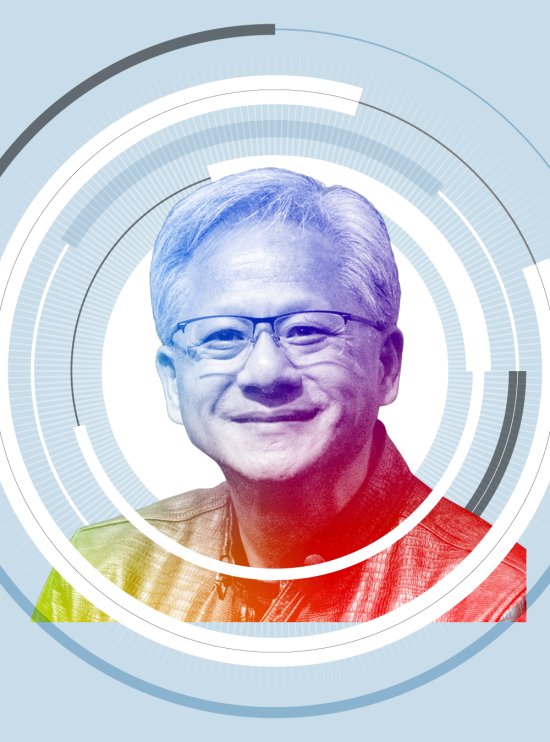
The leather-jacketed CEO of Nvidia has long been seen as something of a tech rockstar. But it was presumably a first even for Jensen Huang when, at a tech expo in Taipei in June, a woman asked him to sign her chest with a permanent marker. The request, which he obliged, was only the most outrageous example of “Jensanity,” the phenomenon that has catapulted Huang into the ranks of celebrity CEOs.
Thanks to its chips being used as the backbone of cutting-edge AI systems, Nvidia’s stock price has more than doubled since the start of the year, and at its 2024 peak had risen nearly eight-fold since the 2022 release of ChatGPT. A couple of weeks after that conference in Taipei, Nvidia briefly became the world’s most valuable company, worth north of $3 trillion.
[time-brightcove not-tgx=”true”]Nvidia got its start designing graphics processing units, or GPUs, for the video game industry. Unlike the brains of a standard computer, which does long strings of calculations in sequence, a GPU makes multiple simultaneous calculations in order to render cutting-edge graphics. Nvidia is expert at designing chips that do this so-called parallel processing. It was a stroke of luck that neural networks, the kinds of algorithms that power most modern AI, use the same type of processing. Suddenly the demand for Nvidia’s GPUs was coming not just from gamers, but also machine learning engineers.
Huang spotted the opportunity earlier than many of his competitors, and Nvidia began designing bespoke chips for AI research and building relationships with labs. A photo from 2016 shows him hand-delivering an early Nvidia supercomputer to OpenAI. Scrawled on the machine in black permanent marker were Huang’s now-familiar signature and a toast: “To the future of computing and humanity.”
Buy your copy of the TIME100 AI issue here